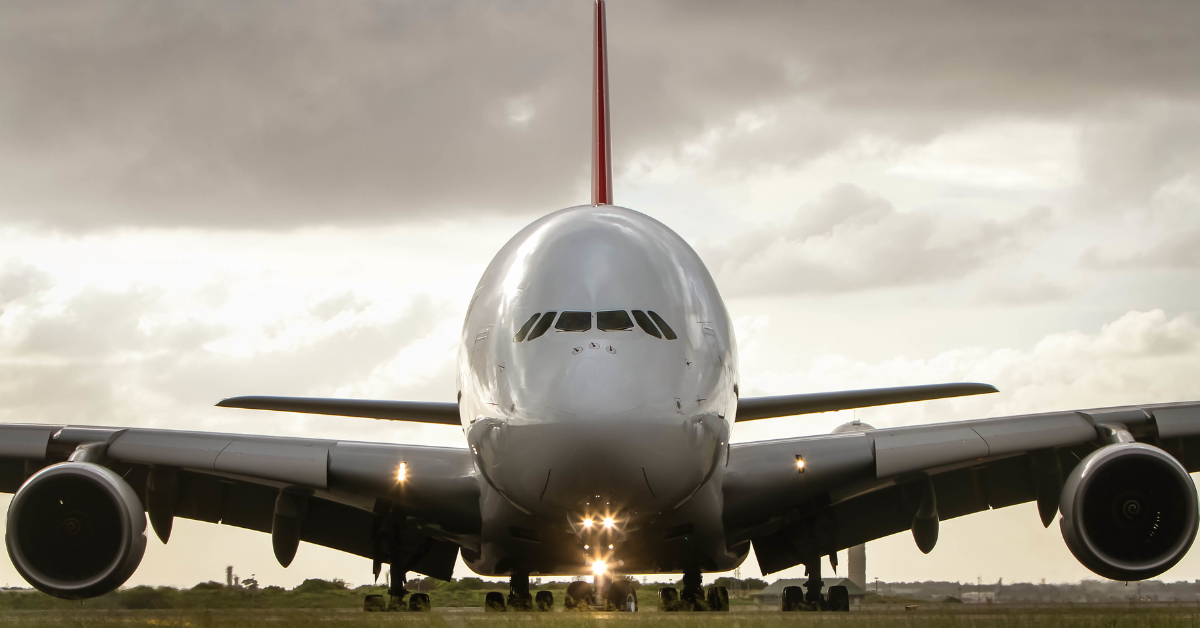Despite growing recognition of the climate crisis many economic sectors remain highly dependent on fossil fuels and wedded to the doctrine of unrestrained growth. Due to the growing pressures to act upon high emissions, businesses increasingly communicate the actions they are taking to reduce their environmental impacts either in the immediate future or, more commonly, in due course.
A project led by Associate Professor Debbie Hopkins (University of Oxford) explored how the term ‘sustainable aviation’ has emerged as a container term for a suite of actions proposed by sectoral actors in seeking to align the sector with social and environmental sustainability. This project critically interrogates ‘sustainable aviation’ through an analysis of the websites and reports of 14 international and regional airlines.
Our analysis revealed how dominant logics are presented to perpetuate the status quo which gives priority to continued sector growth. By recognising the gendered nature of environmentalism, we suggest that ‘sustainable aviation’ can be viewed as an active enactment of aeromasculinities – a gendered system of thinking that poses a barrier to the action required for a climate-safe and just energy future.
Hopkins, D, Gössling, S., Cohen, S. & Hanna, P. & Higham, J.E.S. (2023). Aero-masculinities and the fallacy of sustainable aviation. Energy Research and Social Science. https://doi.org/10.1016/j.erss.2023.103319








